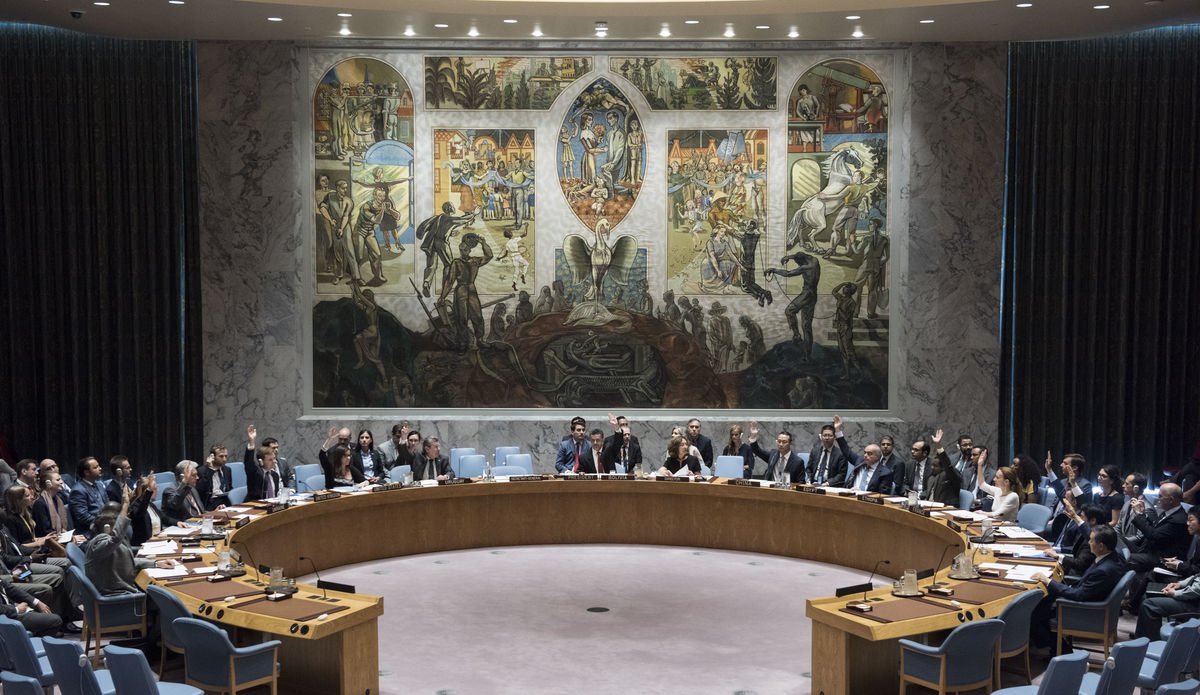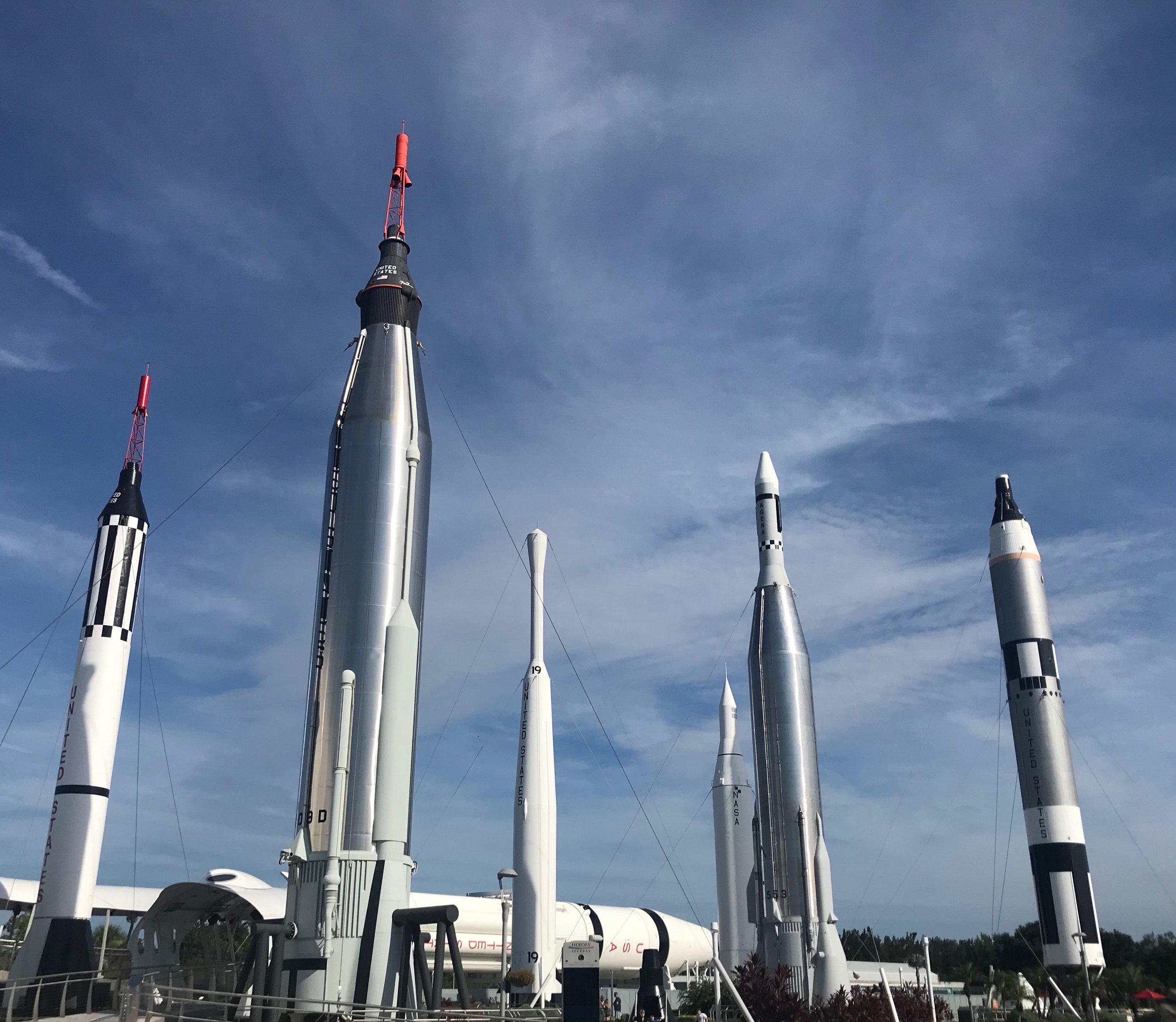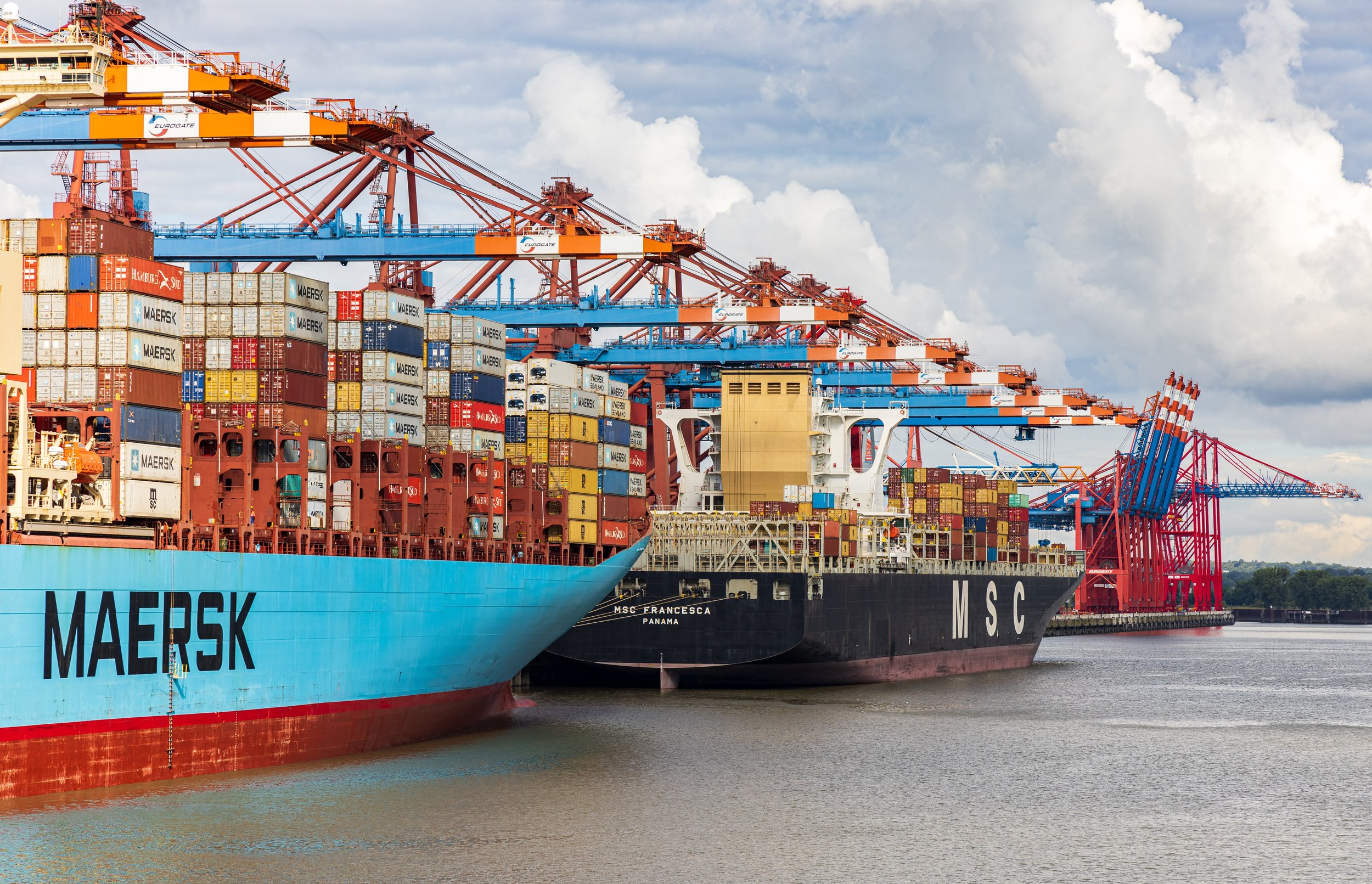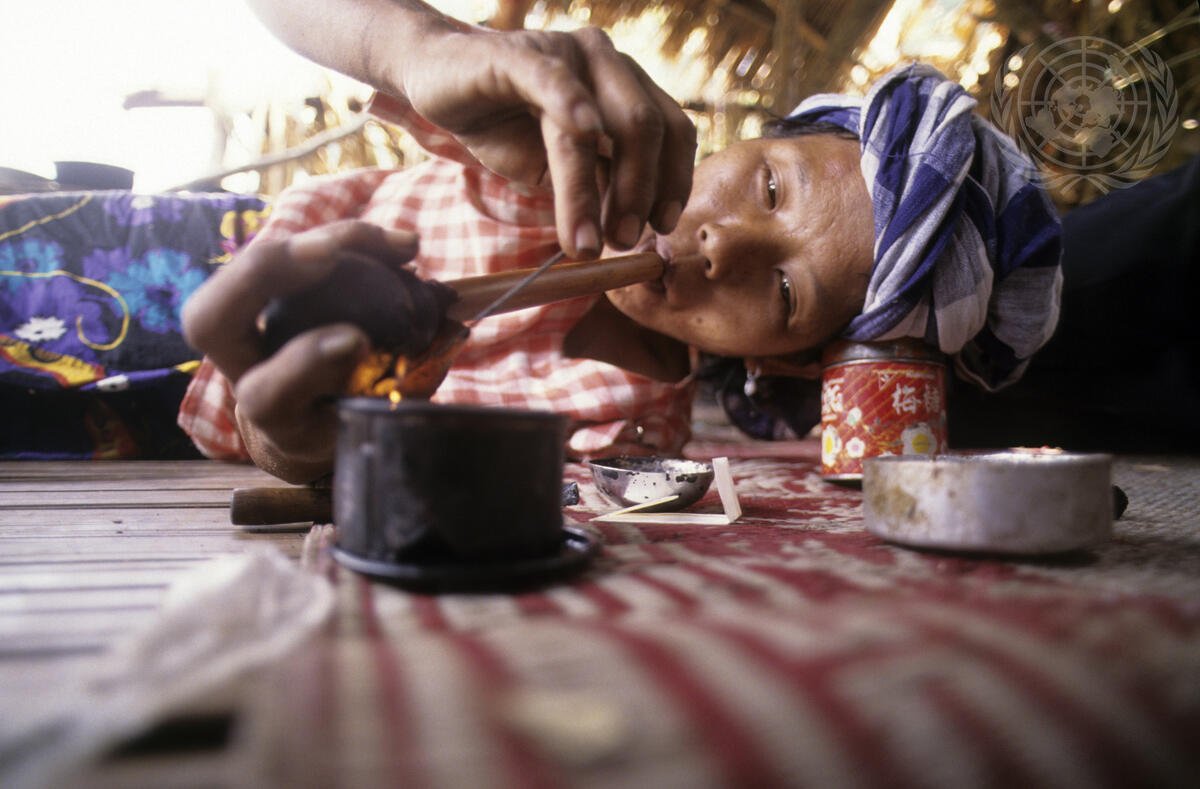
Upcoming Session
SHAMUN XXIV
October 25-27, 2024
The Keeling Curve
Esteemed Program Directors, esteemed MUN participants, and distinguished newcomers,
The Secretariat Team is beyond excited to announce that the Twenty-Fourth Plenary Session of the Shanghai Model United Nations Conference would be held at Shanghai American School Puxi Campus from October 25 to 27, 2024.
The Keeling Curve, our theme this year, is a rather rare intersection with the sciences. A quantitative reflection of rising global temperatures, ethnic and geopolitical borders were rendered obsolete as the ever-changing climate remind how our interdependency has long bandwagoned the fate of individual nation-states. The term itself also reflects the dichotomous reality of international affairs – while states continue to grapple with conventional challenges, novel challenges confront humanity in unprecedented ways. Gone was the time for states to attain self-preservation through disengagement and isolation – inaction itself became an antidote that kills.
It is with this message in mind that we announce the creation of novel committees, such as the International Monetary Fund, the European Parliament, the World Health Assembly, and the Commission on the Status of Women. A continuation of the experimental International Criminal Court in SHAMUN XXIII, we are delighted to bring back the International Court of Justice, a mock-trial-based committee that challenges the spontaneous articulation, interrogation, and persuasion skills of the most advanced delegates.
Each successive year, SHAMUN takes advantage of its timing as one of the first conferences of the fall semester to not only accommodate for the development and skills-building of new delegates, but also further the growth of veteran delegates. Last year, SHAMUN XXIII has hosted close to 500 attendees from more than twenty schools across China and the Asia-Pacific.
We look forward to hosting you in Shanghai in October!
Model United Nations Officer Team
Shanghai American School Puxi Campus
XXII Recap
Conference Committees
Security Council
The Security Council has primary responsibility for the maintenance of international peace and security and takes the lead in determining the existence of a threat to the peace or an act of aggression.
Crisis
The Crisis Committee simulates a critical point in history with unpredictable new scenarios being applied constantly within the committee, training MUN delegates to quickly create flexible solutions in dynamic situations.
General Assembly III
The United Nations General Assembly is one of the six principal organs of the United Nations and serves as the main deliberative, policymaking, and representative organ of the UN.
Disarmament Commission
The United Nations Disarmament Commission monitors and restricts the use of arms, especially weapons of mass destruction.
Human Rights Council
The United Nations Human Rights Council seeks to promote and protect human rights. Based in Geneva Switzerland, the council addresses and aims to protect universal rights and freedoms around the world.
Economic and Social Council
The United Nations Economic and Social Council is one of the six principal organs of the United Nations and enacts policies regarding international economic and social issues.
Historic Security Council
The Historical Security Council re-enacts historically significant crises and events and encourages MUN delegates to create innovative and reflective solutions in response to past conflicts.
International Court of Justice
The ICC is an independent judicial body that prosecutes individuals for the most serious crimes of international concern, including genocide, war crimes, and crimes against humanity.
World Health Organization
WHO is committed to promoting the highest possible level of health for all people through coordinating international efforts to prevent, diagnose, and treat diseases, as well as improving global health security.
Office of Drugs and Crime
A key entity under ECOSOC, UNODC is vital in promoting security, justice, and the rule of law worldwide through developing effective policies, technical assistance programs, and international cooperation.
Committee on Science and Technology for Development
An intergovernmental forum for discussion on timely and pertinent issues affecting science, technology, and development
“I truly believe the only way we can create global peace is through not only educating our minds, but our hearts and our souls.”
— Malala Yousafzai


























